Why youth mental health is a global crisis
Kids aren’t all right, with a worldwide decline in youth mental health revealed like never before. Here’s what Professor Patrick McGorry’s landmark study really shows.
World
Don't miss out on the headlines from World. Followed categories will be added to My News.
The mental health of young people around the world has deteriorated massively in the past two decades and is getting worse, a landmark global study has found.
Researchers say worsening economic conditions, declining social cohesion, existential threats and increasing stigma – all amplified by social media – are turbocharging what Australian expert Professor Patrick McGorry has called a “worldwide crisis” in youth mental health.
The director of youth mental health service Orygen recently led an international cohort of some 50 psychiatrists looking at this problem, and what should be done about it.
They published the results of their landmark research project in the medical journal Lancet Psychiatry on Wednesday.
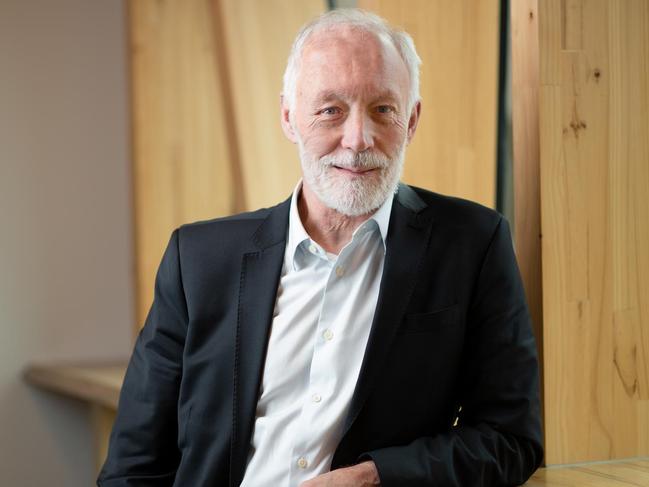
What did the researchers find?
Multiple studies from Australia, the UK, the USA and Denmark reveal big increases over the past two decades in the percentage of young people with mental disorders, major depressive episodes and persistent feelings of sadness or hopelessness.
In Australia, diagnostic-level mental disorders in people aged 16–24 increased 50 per cent between 2007 and 2022.
Across all the selected studies, the percentage of young women experiencing problems was much greater than young men.
They found the “peak onset age” for mental illness is 15, and three-quarters of all issues are evident by the age of 25.

What do the experts think is behind the rise?
The world we live in: Young people today simply have more to worry about than their counterparts from yesteryear, the researchers suggested.
“The growing existential threats of climate change, unregulated and harmful social media, declining social cohesion, and socio-economic precarity … have combined to create a bleak present and future for young people,” they wrote.
Speaking to Sky News on Wednesday, Prof McGorry described the pressures on young people today as “unprecedented”.
“They’re in an incredibly precarious situation economically,” he said, as they’re contending with student debt, unaffordable rent and an insecure work environment.
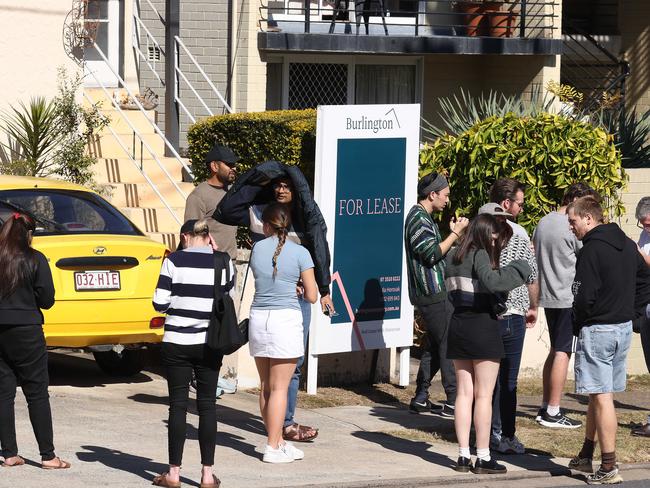
Social media: The rise of “unregulated and harmful” social media was contributing to social pressures, mental ill health and life satisfaction, the researchers found. While the evidence on the dangers of social media was still emerging, it was “potentially potent” and many in the field are arguing that “action is urgently needed to regulate this potential source of harm”.
Speaking to Sky, Prof McGorry said “The tech titans need to be reigned in because they’re allowing a completely unsafe environment to flourish.”
The Covid effect: While the declines in youth mental health have been noticeable for the past two decades, the adverse affect of the pandemic “is a global trend, occurring across resource and income levels,” the researchers found.
The “prevalence inflation hypothesis”: Do the hokey definitions of mental health conditions amplified by TikTok and other social media on a daily basis lead to more young people self-diagnosing a mental health problem? The researchers concede this may have a small effect – but argue that the increasing prevalence of youth mental illness is not just a function of greater awareness.
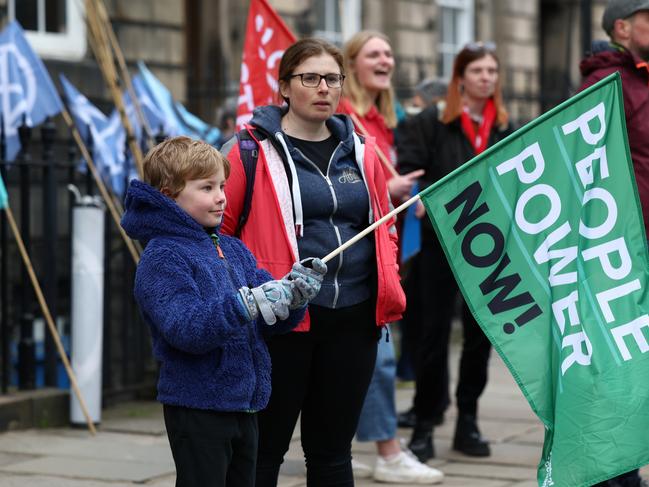
What can be done about it?
More funding: Only 2 per cent of health budgets globally are devoted to mental health, the report revealed – but investment in this area also has a strong economic argument in its favour.
Policy action: A broad range of government policies should be “forensically analysed” for their effect on youth mental health, including technology, housing affordability, employee rights and climate change, the authors argued.
In Australia, a minimum age for social media could be one of the key policy questions leading into the next federal election, with Opposition Leader Peter Dutton promising to ban under-16s from using such sites.
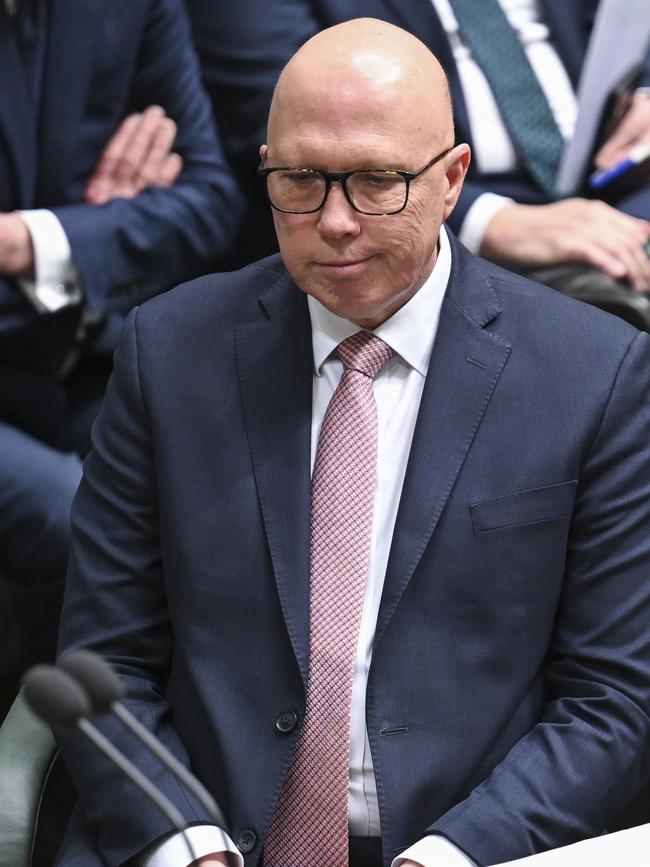

Labor allocated $6.5 million in this year’s Budget for a trial of age-verifying technology on social media platforms but Prime Minister Anthony Albanese has as yet been noncommittal regarding a minimum age mandate.
Why does it matter?
The authors pull no punches in their diagnosis of the problem.
“It is no exaggeration to say young people and their mental health act as the early warning system for contemporary society; they are manifesting the warning signs and symptoms of a society and world that is in serious trouble,” the paper bluntly states.
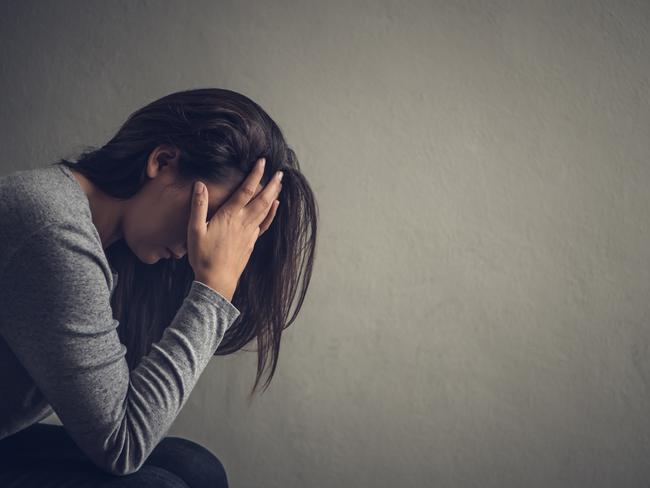
If you have concerns …
Lifeline: 13 11 14 or lifeline.org.au
Headspace: 1800 650 890 or headspace.org.au
Beyond Blue: 1300 22 4636 or beyondblue.org.au
Kids Helpline: 1800 55 1800 or kidshelpline.com.au
More Coverage
Originally published as Why youth mental health is a global crisis





